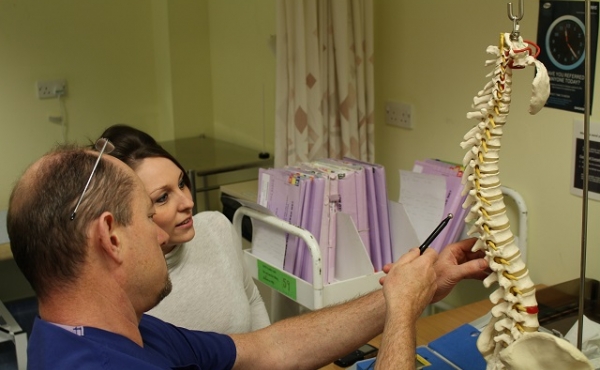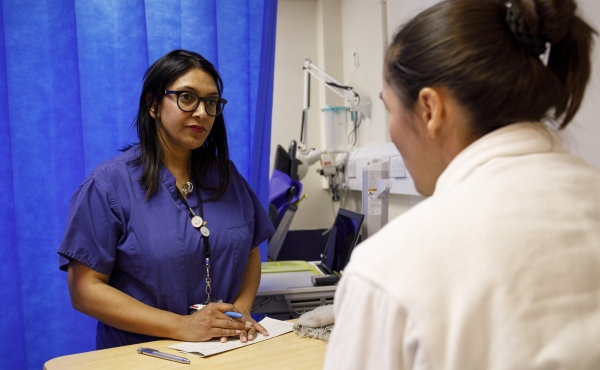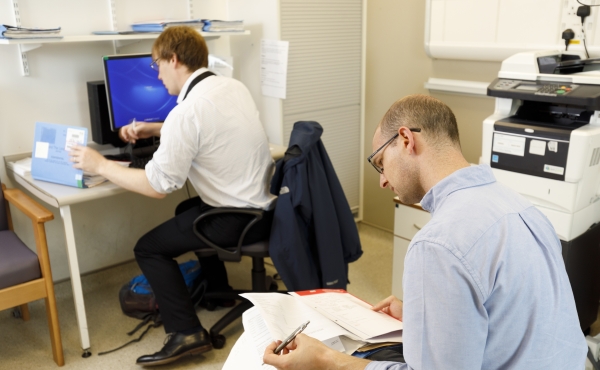Pain Medicine skills and learning outcomes
In addition to the CCT, the Faculty has produced expanded curriculum guidance
The below is intended for Stage 3 Special Interest Area (SIA) Pain Trainees, to help frame the curriculum in wider detailed learning.
Clinical conditions
Below is a non-exhaustive but indicative list of clinical conditions that the trainee should have the knowledge and skills to diagnose and manage by the end of their Stage 3 SIA training:
- Acute Pain – Surgical and Non-surgical
- Mechanical neck pain
- Cervical Radicular Pain
- Mechanical Low back pain
- Lumbar radicular pain
- Thoracic spinal pain and chest wall pain
- Sacrococcygeal pain
- Single muscle myofascial syndromes
- Fibromyalgia
- Widespread generalised pain
- Post-surgical scar pain
- Brachial plexus injury
- Lumbosacral plexus injury
- Peripheral nerve injuries
- Peripheral neuropathies
- Pain from vascular insufficiency
- Common headache syndromes
- Cranial nerve neuralgias
- Post-herpetic neuralgia
- Pain from spinal cord injury or pathology
- Phantom limb and stump pain
- Central post-stroke pain
- Complex regional pain syndromes
Learning outcomes
The core learning outcomes from Stage 3 SIA pain training is for the doctor to be capable of delivering all aspects of Pain Medicine as an independent practitioner. This implies:
- Having a comprehensive knowledge of Pain Medicine service delivery
- Being able to assess a wide variety of patients with pain using a biopsychosocial model including, history taking, physical examination, psychological assessment and interpretation of investigations
- Being aware of the treatment options available to provide effective management for patients with acute, chronic and cancer pain
- Pharmacology of simple analgesics, opiates, NSAIDs, anticonvulsants, and antidepressant drugs
- Becoming technically proficient in a range of procedures for Pain Medicine.
- Having the communication and organisational skills to be an effective member of the multi-disciplinary Pain Medicine team
- Demonstrates empathy when caring for patients with pain
- Providing clinical leadership in the development of comprehensive pain medicine services, for the benefit of both patients and the organization acting as an effective teacher of Pain Medicine topics
- Being able to assess evidence from research related to Pain Medicine including notes in epidemiology section below
- In addition, the curriculum for advanced pain training, gives further detail on psychological treatments, Interventional treatments, Neuromodulation, and Surgical treatments for pain
Want to know more about working in Pain Medicine?
Browse our careers pages for more information.
Related Content
Stage 3 SIA Pain Medicine Training
Find out more about what's involved in undertaking Stage 3 Special Interest Area (SIA) Pain Medicine Training, including guidance documents



